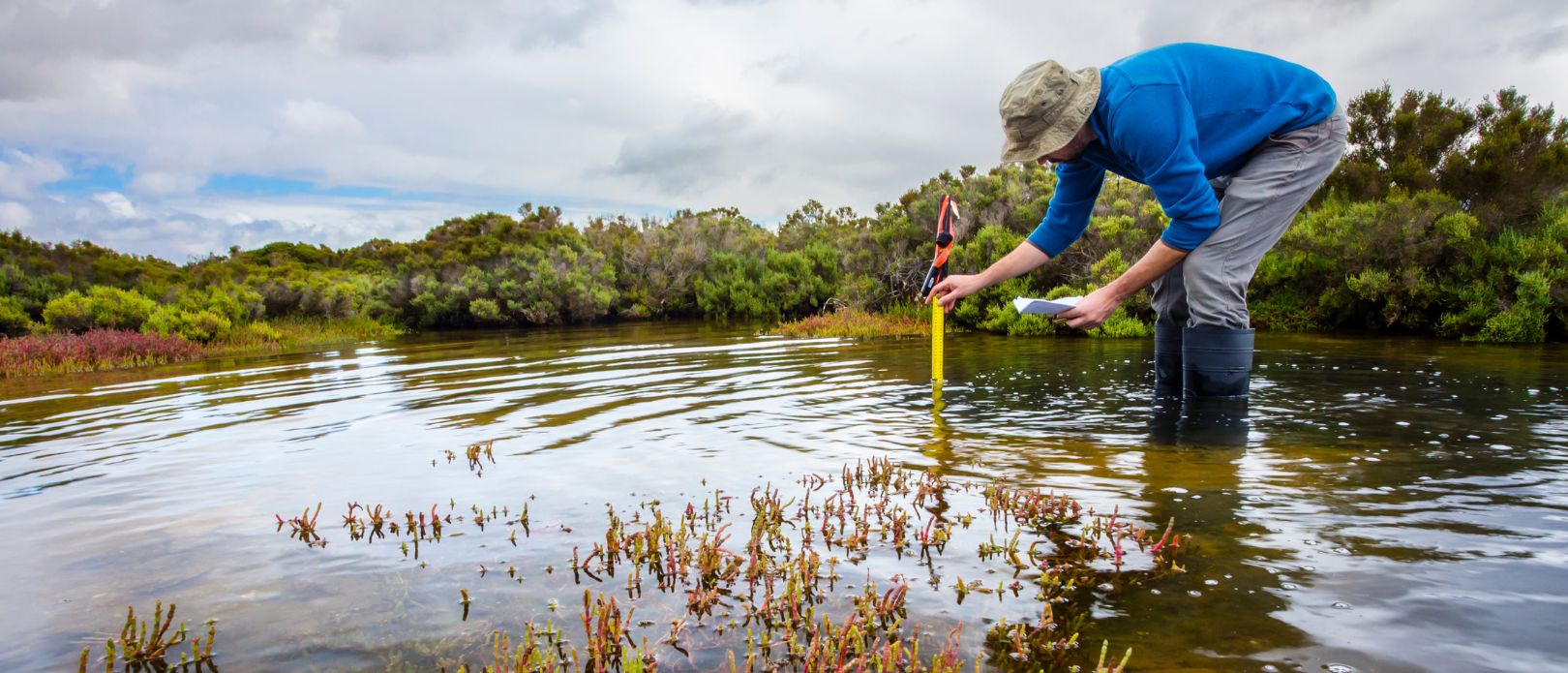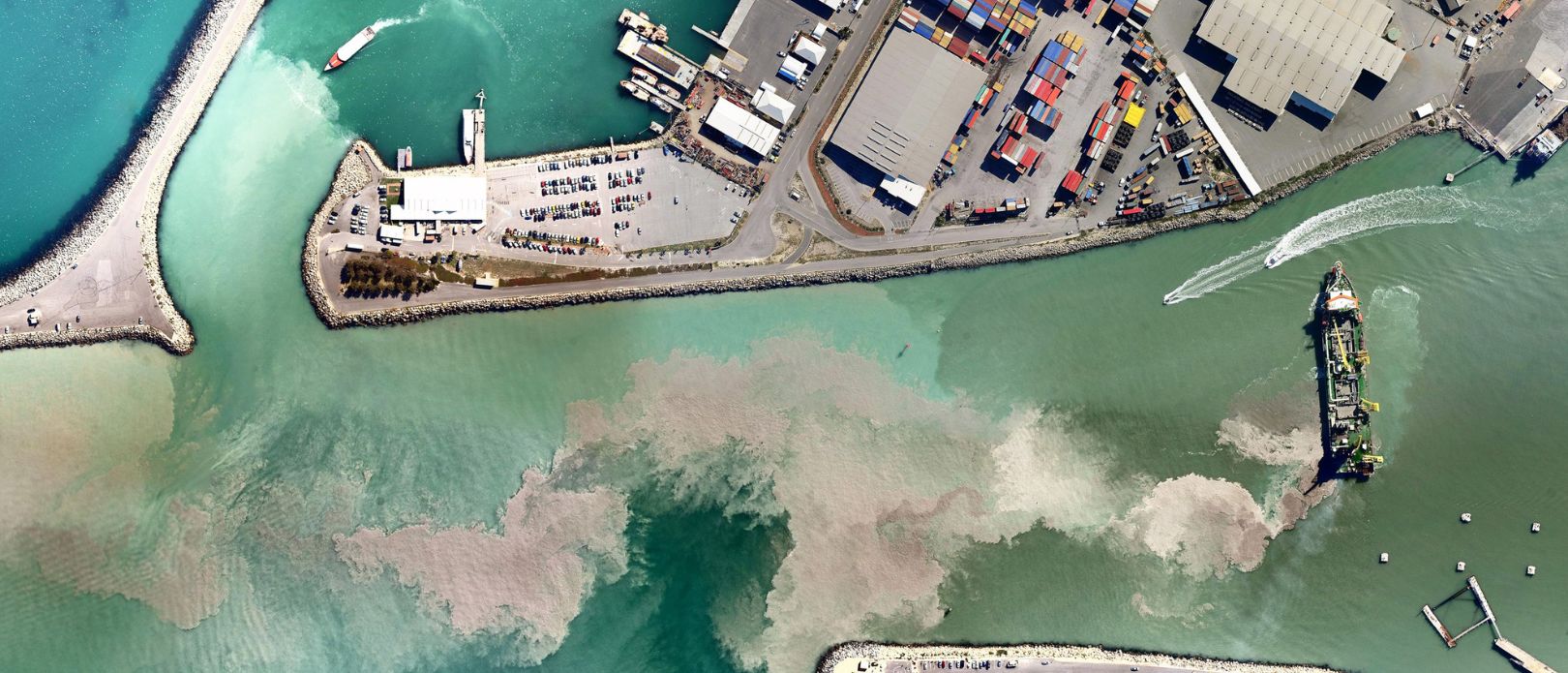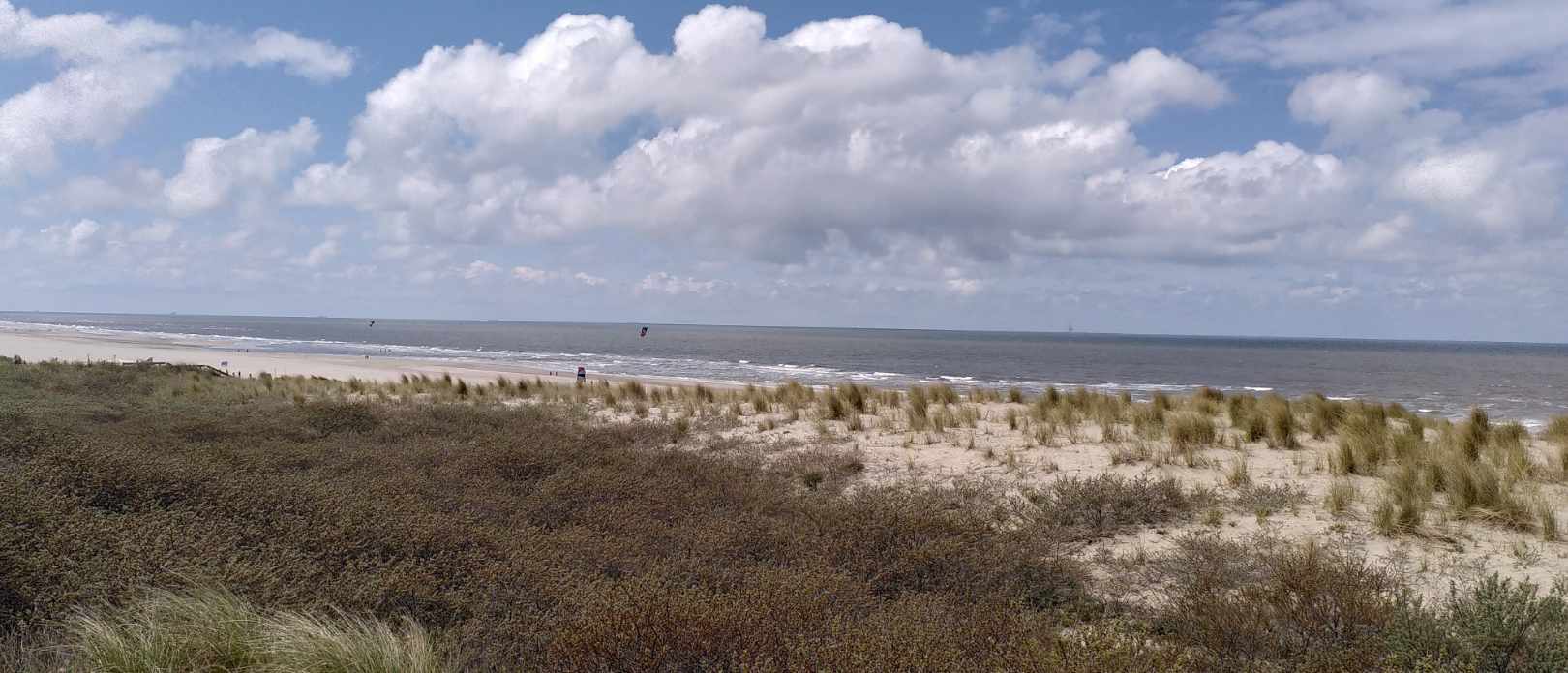- Scenarios
- Biodiversity
- Freshwater ecology
- Regime shifts
- Ecosystem services
- Resilience
Jan Kuiper's research focuses on the use of participatory scenarios and models to inform decision-making processes in social-ecological systems, from the local to the global level
Kuiper studies social-ecological systems and their governance using mixed methods in a range of decision making contexts, including water quality management, nature conservation and sustainable development planning.
At the Stockholm Resilience Centre he is active in the theme ‘Stewardship and Transformative futures’ and leads several projects including biospherefutures.net, an online database of social-ecological scenario case studies, to promote the use of scenarios for sustainable development planning.
He holds a personal FORMAS mobility grant to work on novel biodiversity scenarios and co-leads a FORMAS research project on sand use as a global sustainability challenge in the Anthropocene.
Kuiper operates within and across a range of fields and disciplines, conducting both fundamental and applied research. His background is in aquatic ecology. He completed his doctoral research at the Netherlands Institute of Ecology (NIOO-KNAW) and Wageningen University, studying resilience and regime shifts in shallow lakes.
In close collaboration with water quality managers and other stakeholders, he developed and applied dynamic modelling tools to quantify ecosystem resilience and predict the occurrence of abrupt regime shifts.
Before his PhD studies he conducted research on the functional role of biodiversity in peatland ecosystems at Utrecht University and contributed to the development of the Global Biodiversity model for policy support (GLOBIO-Aquatic) at the Netherlands Environmental Assessment Agency.
Kuiper is a fellow of the task force on scenarios and models of the Intergovernmental Science Policy Platform on Biodiversity and Ecosystem Services (IPBES) that is mandated to catalyse the development of new scenarios and models of biodiversity and nature’s contributions to people. In that capacity, Kuiper is involved in developing the Nature Futures Framework, a new scenario framework that engages with the plurality of people’s relationships with nature.
For his own research, Kuiper applies the Nature Futures Framework to inform the development of a National Park Hollandse Duinen, a new National Park in the Netherlands that develops a social-ecological systems approach to nature conservation.
Kuiper is further associated with the Natural Capital Project, a partnership of world leading academic institutes and NGOs that works to integrate the value of nature’s contributions to people into all major decisions, centred at Stanford University.
Awards and achievements
- MCED Award for Innovative Contributions to Ecological Modelling (1st prize, 2016)
- Publication Award Netherlands Ecological Research Network (2nd prize, 2016)
- Publication Award Graduate School for Production Ecology and Resource Conservation (1st prize, 2015)
- FORMAS Planning grant (2018-02371): The futures we want: exploring diverse, credible and positive scenarios for navigating transformation under the 2030 Agenda
Current funding
- FORMAS Mobility grant for early-career researchers (2019-01648): To use nature, to protect nature, or to be nature: That is the question
- FORMAS Research grant for early-career researchers (2021-01006): Sand in the Anthropocene: risks and opportunities for global sustainability
Key publications
Pereira L, Kuiper JJ, Selomane O, et al (2021) Advancing a toolkit of diverse futures approaches for global environmental assessments. Ecosystems and People 17:191–204. https://doi.org/10.1080/26395916.2021.1901783
Wyatt KH, Arkema KK, Wells-Moultrie S,.. Kuiper JJ, et al (2021) Integrated and innovative scenario approaches for sustainable development planning in The Bahamas. Ecology and Society 26: https://doi.org/10.5751/es-12764-260423
Hamel P, Guerry AD, Polasky S,.. Kuiper JJ, et al (2021) Mapping the benefits of nature in cities with the InVEST software. npj Urban Sustainability 1: https://doi.org/10.1038/s42949-021-00027-9
Downing AS, Chang M, Kuiper JJ, et al (2020) Learning from generations of sustainability concepts. Environmental Research Letters 15: https://doi.org/10.1088/1748-9326/ab7766
Pereira LM, Davies KK, Belder E,.. Kuiper JJ, et al (2020) Developing multiscale and integrative nature–people scenarios using the Nature Futures Framework. People and Nature 2:1172–1195. https://doi.org/10.1002/pan3.10146






